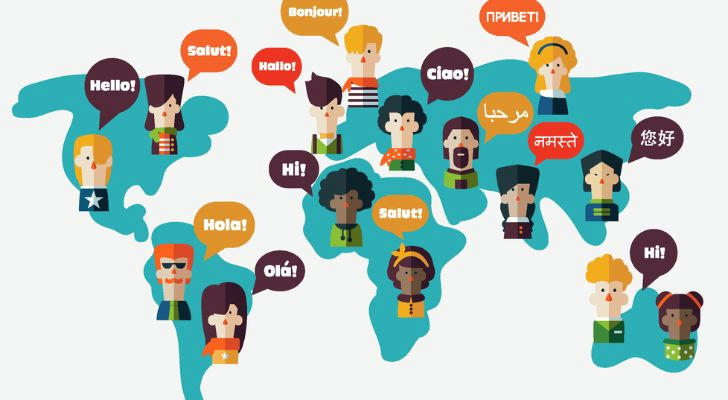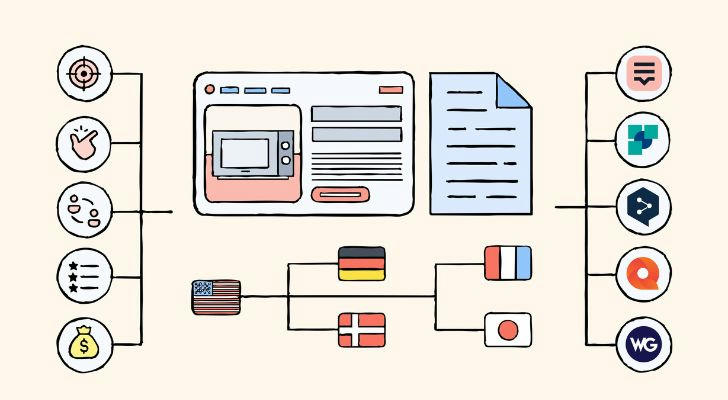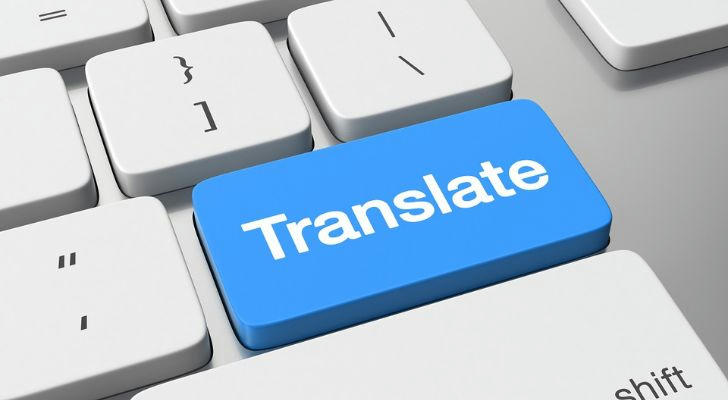How to Overcome Language Barriers When Traveling

When traveling to a foreign country, language barriers are one of the most common challenges for many tourists, especially in non-English speaking countries. Failure to communicate smoothly with locals may lead to misunderstandings, getting lost, or even becoming a target of fraud. Good language communication skills can not only help you obtain information smoothly and avoid trouble, but also allow you to deeply experience the local culture and enhance the safety and pleasure of travel. Therefore, learning to deal with language barriers is a practical skill that every traveler should master.
Preparation before departure: Lay a good foundation and easily deal with language barriers
Being well prepared before traveling is the first step to dealing with language barriers. The following preparations can greatly improve your communication skills and confidence:
1. Learn basic vocabulary and polite expressions
Plan your trip in advance :
Even if you can only say "hello", "thank you", "sorry" or "how much", you can get closer to the locals. Focus on learning dozens of the most commonly used words and sentences in daily communication, such as ordering food, asking for directions, asking for help, etc. Recommended tools : Duolingo, Memrise, Busuu and YouTube short video courses.
Data reference : Statista reports that more than 30% of international tourists will use language learning apps for simple practice before departure.
2. Prepare translation tools
Downloading a reliable translation app is almost a "standard" for international travel. Google Translate and Microsoft Translator support offline downloads and can be used when there is no network. They also support voice input and camera translation, greatly improving efficiency. Recommendation : Download the offline vocabulary of the destination language in advance to prepare for emergencies.
Example use case : A visitor to Vietnam said using camera translation to successfully order food avoided allergens and averted a medical emergency.

3. Make a "travel language cheat sheet"
Make a "travel language cheat sheet" and organize key information into cards or mobile notes, such as hotel addresses, emergency contacts, food allergy instructions, common transportation phrases, etc. When you encounter language difficulties, just show the card, which is especially suitable for travelers who are not used to frequent mobile phone use or older tourists.
4. Be familiar with local language habits and cultural taboos
In addition to the language, you should also understand the non-verbal expressions and cultural differences of the destination. For example:
In Japan, speaking English loudly may be considered rude;
In Greece, holding out your palm means "stop," but turning your palm outward can be considered an insult.
Knowing these cultural details ahead of time will help you blend in more naturally.
5. Sign up for a basic language course or hire a language coach
If time permits, consider attending a 1-2 week language training course before departure, or hire a one-on-one online language coach through platforms such as Italki and Preply.
Practical advice : Many courses support customized teaching, which only takes 30 minutes a day to help you master practical conversation skills in a short period of time.
User feedback : On the Reddit language learning section, many users said that short-term intensive courses significantly improved their travel confidence.
Practical tips for traveling: Language barriers are no longer a problem if you use the right method
Even if you are well prepared before your trip, you may still encounter practical difficulties in language communication during your trip. However, you can deal with it more calmly by mastering the following tips:

1. Make good use of the various functions of translation tools
Many translation apps can not only translate text, but also support voice input and photo translation.
When ordering food at a restaurant, you can take a picture of the menu and directly translate the names of the dishes.
When you don’t understand what the store clerk is saying, record it and translate it.
If you encounter a road sign or notice board that you don't understand, you can also quickly identify it.
Google Translate, DeepL, and iTranslate all provide these functions, which are suitable for most travel scenarios.
2. Communicate with body language and facial expressions
When language is not available, body language, gestures and facial expressions are powerful supplementary tools.
For example:
Use your finger to take a map or screenshot of the address to ask for directions.
Make action prompts such as "eating" and "sleeping".
Smiling and polite gestures can resolve many embarrassments and misunderstandings.
Studies have shown that non-verbal communication accounts for more than 70% of cross-cultural communication and is very practical at critical moments.
3. Use visual aids: screenshots and photos of real objects
Take screenshots of hotel addresses, attraction names, and ticket information in advance. Or take photos of important landmarks and real objects. When you don’t know how to say it, it’s more intuitive to show the pictures directly. This is especially effective when taking a taxi, asking for directions, and confirming products.

4. Ask for help from locals
Young people, service industry staff (such as cafe staff, hotel receptionists) or students are more likely to know English or be willing to help foreign tourists. Use simple words and a friendly tone to get help more easily. You can start by saying, "Sorry, do you speak English?" or "Can you help me, please?" Ask politely first, then expand on your needs.
5. Keep your speech slow and simple
Even if the other person knows a little English, they may not understand complex sentences. Use simple words, speak slowly and clearly, such as "Where is toilet?" is easier to understand than "Could you kindly tell me where I might find the restroom?"
6. Ask for written help or write it down
If you really can’t communicate, you might as well write down the problem and show it to the other party. For example, writing down: "Train to Osaka?", "Allergy: Nuts" is more efficient than explaining it over and over again. This is especially important when it comes to medical treatment, transportation or customs.
Language barriers are not scary. The most important thing is to speak up and take the initiative to communicate . Even if your grammar is not perfect and your pronunciation is not standard, as long as you are willing to express yourself, most people will understand and be happy to help. The essence of travel is communication and exploration, and the effort to transcend language will often become the most unforgettable memory of the journey.
Don't let language become a wall between you and the world, but treat it as an opportunity to grow and learn. Go out and speak, and you will find that understanding each other is much easier than you think.
